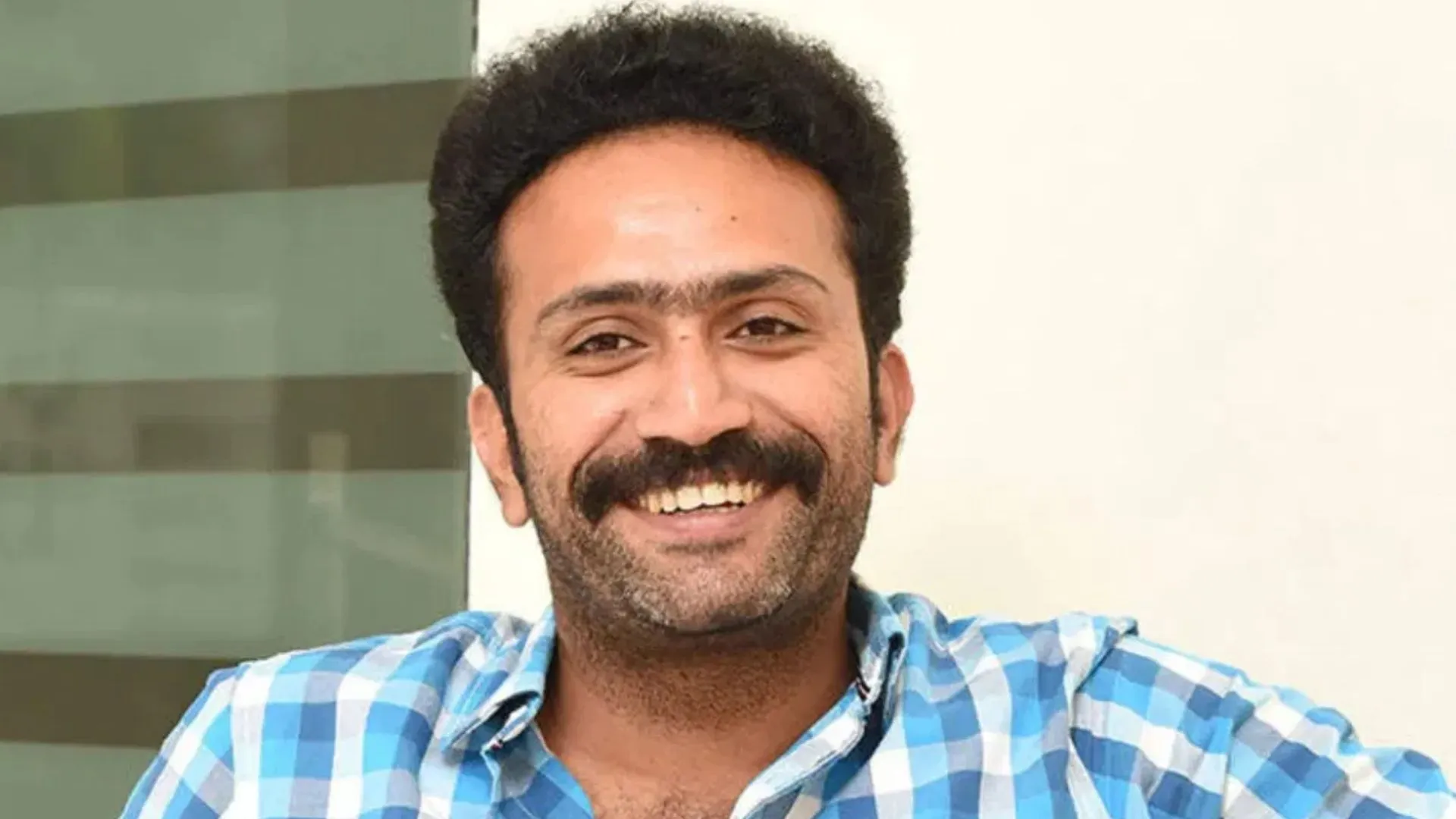The political climate in Uttar Pradesh heated up as Deputy Chief Minister Keshav Prasad Maurya chose to refrain from commenting on Chief Minister Yogi Adityanath’s contentious remark, “Batenge to Katenge” (If divided, we will be cut). This slogan, delivered during a public address, has drawn sharp criticism from opposition parties, who accused the Bharatiya Janata Party (BJP) of hypocrisy and divisive politics.
Speaking to reporters in Phulpur on Saturday, Maurya deflected questions regarding the controversy, stating, “Do you, the media, want to create divisions between us?” He instead shifted focus to the opposition, alleging their intent to derail India’s development journey.
Maurya’s Defense of BJP’s Vision
The deputy CM emphasized the strides made under Prime Minister Narendra Modi’s leadership, stating:“The opposition parties want to halt the rise of Aatmanirbhar Bharat (self-reliant India) and prevent India from becoming a developed nation. But despite their opposition, the people of India have made Modiji the prime minister and strengthened the BJP.”
Maurya’s remarks were a clear attempt to redirect attention from internal controversies to the BJP’s achievements and vision for India’s future.
Adityanath’s Speech Sparks Backlash
Adityanath’s speech, which included the provocative slogan, centered on the theme of unity. He cited historical events like Ayodhya’s 500-year-long struggle and the “humiliation” faced in Kashi and Mathura as examples of the consequences of societal divisions.”When we were divided, we were cut. Today, the biggest challenge facing India is those who seek to divide us in the name of caste,” Adityanath said during his public address.
The comment was widely interpreted as a critique of opposition parties accused by the BJP of fostering caste-based politics.
Opposition Hits Back
Congress and Samajwadi Party leaders were quick to denounce Adityanath’s remarks. Congress President Mallikarjun Kharge, addressing a rally in poll-bound Jharkhand, accused the BJP of indulging in double standards.”RSS and BJP are the ones who divide the country and the poor. Now they are saying, ‘Batenge to Katenge.’ They are the ones dividing the poor,” Kharge said.
Samajwadi Party chief Akhilesh Yadav also criticized the BJP, stating that such rhetoric serves to mask the government’s failure to address pressing issues like unemployment and inflation.
BJP Allies Display Unease
Interestingly, some BJP allies appeared hesitant to align with Adityanath’s aggressive tone. A senior leader from a BJP-aligned party, speaking on condition of anonymity, expressed concern over the potential alienation of certain voter segments.“While the BJP emphasizes unity, such statements may alienate communities that have historically faced exclusion,” the leader noted.
Broader Implications Ahead of Elections
With Uttar Pradesh being a key battleground in the upcoming Lok Sabha elections, the controversy surrounding Adityanath’s remarks underscores the high stakes. For the BJP, balancing rhetoric that resonates with its base while avoiding alienation of broader demographics is critical.
As the controversy unfolds, all eyes are on how the BJP manages internal cohesion and counters the opposition’s growing criticism.
ALSO READ: Rahul Gandhi Faces EC Bag Check Amid Maharashtra Election Campaign





















